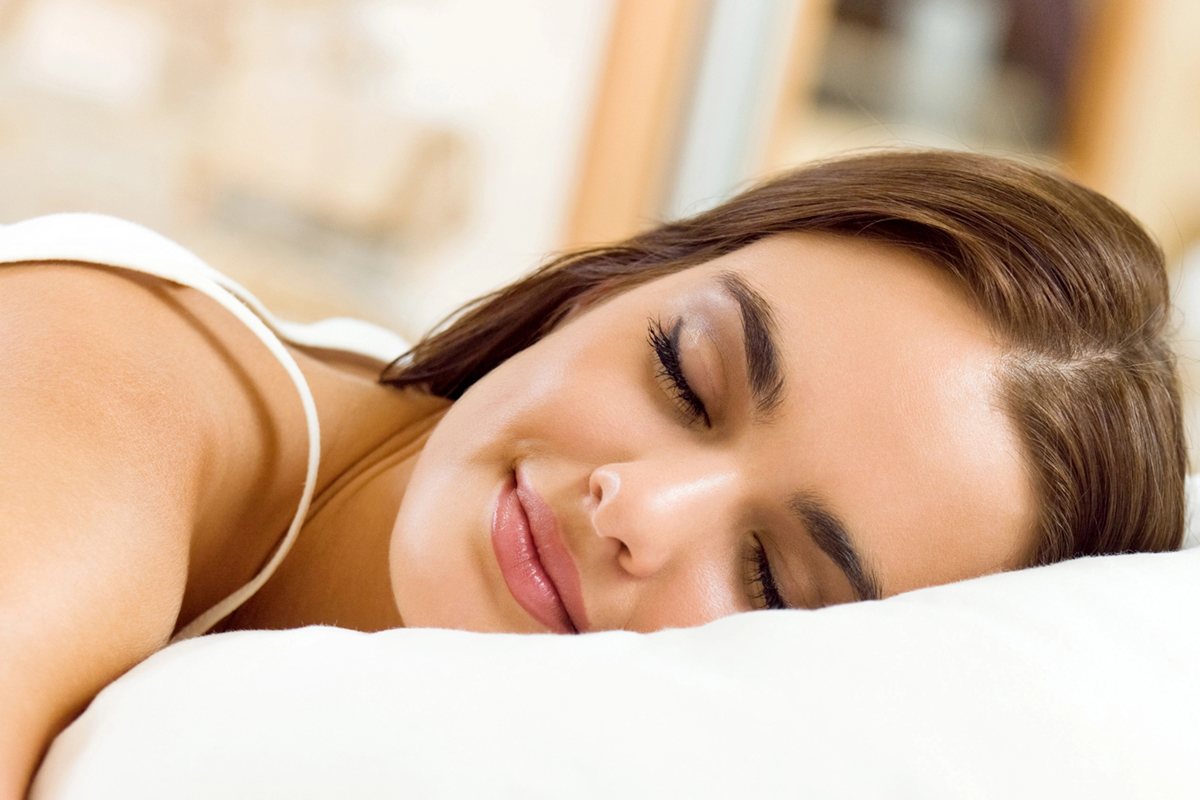Healthy sleep is not just about the number of hours spent in bed, but also about the quality of those hours. Lack of sleep or poor sleep quality can lead to problems with concentration, lower immunity and chronic diseases. Let’s look at the basic rules that will help improve the quality of sleep and make your rest as restorative as possible.
Sleep schedule: why is it important to go to bed at the same time?
One of the main factors affecting the quality of sleep is a regular schedule. Our bodies work according to biological rhythms (circadian rhythms) that regulate our waking and sleeping periods. When we go to bed and get up at the same time each day, our body gets used to this schedule. This makes it easier to fall asleep and makes sleep deeper and more restorative.
Easier falling asleep and waking up
If you go to bed every day at 11:00 pm and get up at 7:00 am, after a few days or weeks your body will start to fall asleep better at that time and waking up will be easier and more natural. It is important to keep a routine, even on weekends, so as not to disrupt your biorhythms. Irregular hours of sleep, abrupt changes in the schedule, can lead to the fact that you will feel tired even long sleep.
Comfortable environment: how to create an environment for sleep?
The quality of sleep depends largely on the environment in which we fall asleep. It is important that the bedroom is cosy, quiet and dark. Too bright light, noise or uncomfortable temperatures interfere with falling asleep and disrupt sleep phases, impeding recovery.
Recommendations for creating a comfortable environment
A temperature between 18 and 20℃ is considered optimal for sleep. Heat and cold can make it difficult to fall asleep and lead to frequent awakenings.
Avoid noise. If this is not possible, for example if you live in a noisy neighbourhood, use earplugs or turn on white noise (such as a fan) which will drown out annoying sounds.
Sleep in complete darkness or use thick curtains. Light disrupts the production of melatonin, the hormone responsible for falling asleep.
Choose a comfortable mattress and pillows. This will help avoid back and neck pain and improve the quality of rest.
Stimulants are the first enemy of healthy sleep
Drinks containing caffeine (coffee, tea, energy drinks) and nicotine activate the nervous system and can delay falling asleep. You should also avoid eating large amounts of food before bedtime – overeating can cause discomfort that prevents you from falling asleep.
Coffee and alcohol – sleep disturbance
Drinking coffee in the afternoon can make you feel restless in the evening and make it harder to fall asleep. Caffeine stays in the body for up to 8 hours, so it’s best to limit its consumption in the afternoon.
Alcohol, while it may seem relaxing, actually impairs sleep quality. It will help you fall asleep faster, but it will disrupt the deep sleep phases. Try not to consume alcohol a few hours before bedtime to avoid disrupting its natural cycles.
Relaxing evening rituals for a good night’s sleep
The nervous system needs a signal that it’s time to calm down and get ready for sleep. It’s important to prepare your body for rest in advance with evening rituals that will help you relax and reduce stress levels. This could be a warm bath, reading a book or meditating.
Gadgets and melatonin production
Try making a habit of switching off all electronic devices such as your TV, phone or computer at least an hour before bedtime. The blue light they emit suppresses melatonin production and makes it harder to fall asleep. Instead, you can read a book or listen to relaxing music.
Physical activity and healthy sleep
Regular physical activity helps to improve sleep quality as it helps to get rid of excess tension and stress accumulated during the day. Walking in the fresh air, yoga or swimming have a positive effect on sleep quality. They help to keep fit and improve blood circulation, which contributes to a deeper and more restorative sleep. But it is important not to engage in vigorous physical activity shortly before bedtime: this can increase adrenaline levels and make it harder to fall asleep.
Healthy sleep is the foundation of physical and emotional well-being. Once you start implementing these simple rules into your life, you will notice how your sleep becomes deeper and more restorative, and how you feel and feel better every day.


